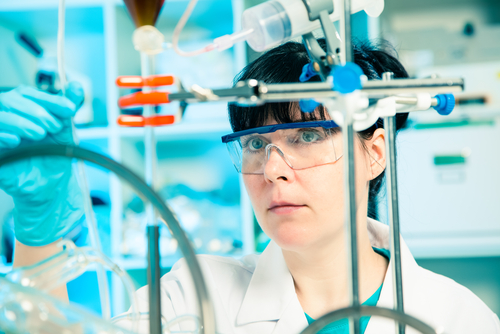Study to Evaluate ADCETRIS For Lupus Treatment Launched by Seattle Genetics

Seattle Genetics, Inc., a biotechnology company that specializes in the development and commercialization of novel antibody-based therapies for the treatment of cancer, has officially begun a Phase II clinical study designed to test ADCETRIS (brentuximab vedotin) as a treatment for systemic lupus erythematosus (SLE). This drug candidate is an antibody-drug conjugate (ADC) that specifically targets CD30, found on activated, cytotoxic lymphocytes. The Phase II study will be evaluating ADCETRIS’ safety and efficacy in adult SLE patients.
“Lupus is a debilitating autoimmune disorder that can affect many of the body’s organ systems, causing a number of serious symptoms. Treatment options are limited, with few FDA-approved disease-modifying therapeutics available,” said Clay B. Siegall, Ph.D., President and Chief Executive Officer of Seattle Genetics. “Based on a retrospective review of information collected from patients being treated with ADCETRIS in the U.S. for lymphoma, we noted some patients reported clinical improvement of concomitant autoimmune diseases, including lupus. Since elevated CD30 expression has been previously reported in lupus patients, we are enthusiastic to evaluate ADCETRIS as a potential treatment option for this disease.”
The Phase II clinical trial is a multi-center, randomized, double-blind, placebo-controlled dose-escalation study, whose primary objective is to determine ADCETRIS’ safety when administered to adult patients. Additionally, this study will assess the drug’s pharmacokinetics. The trial aims to enrol at least 40 patients who will be treated with the drug every 3 weeks.
Lupus is a life-long autoimmune condition that has been known to cause multi-organ damage and failure. Lupus patients’ immune system produces autoantibodies that attack healthy tissues, causing inflammation, pain and extensive damage. The Lupus Foundation of America estimates this disease affects about 5 million individuals worldwide, with at least 1.5 million residing in America. Individuals considered at high risk of developing this autoimmune disease are usually women between the ages of 15 and 44, however men, children and adolescents have been diagnosed in considerable numbers as well.





